Since the Supreme Court was established in 1789, there have been 41 candidates who did not ascend to the highest court in the land.
Most unsuccessful candidates realized they had little chance of being approved. They declined the offer or withdrew their name from consideration.
Others saw their candidacy die in the Senate Judiciary Committee.
Although every candidate for the Supreme Court has faced the possibility of being rejected by the Senate, the process for selecting candidates is usually thorough, which is why a candidate has a 73% chance of being approved.
But in 12 cases, the nominees had their hearing and a Senate vote, but were voted down.
Robert Bork
Perhaps the most famously rejected nominee was Robert H. Bork. He had been President Nixon’s solicitor general in 1968, and had fired special prosecutor Archibald Cox when Nixon’s attorney general and assistant attorney general refused to do the firing. This incident was played up when Bork was nominated for the Supreme Court in 1987 by President Reagan.
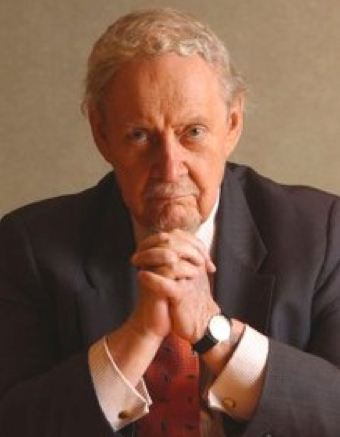
Robert Bork (United States Department of Justice; Wikipedia Commons)The Democrats mounted an aggressive campaign for his rejection. They pointed to Bork’s expressed interest in reversing civil rights decisions made by the Supreme Court in recent decades. They cited his opposition to the idea of voting rights and his support of poll taxes.
Bork always maintained he had been grossly misrepresented, particularly by Senator Edward Kennedy in a bitter denunciation in the Senate.
Bork’s supporters were so incensed by his 42-58 rejection that his name became a verb: “to Bork” now means to unfairly attack someone’s character through an organized campaign.
But Robert Bork wasn’t the first Court nominee to be rejected for his own flaws or those of the president who nominated him.
John Rutledge
In 1795, George Washington used a recess appointment to put John Rutledge, a South Carolina judge, on the court. When Congress returned, the Senate convened to vote on his permanent appointment. Rutledge had made enemies in the Capitol for attacking Chief Justice John Jay’s recent treaty with Great Britain. Compounding this were accusations of drinking and mental instability, which Rutledge somewhat substantiated when he attempted suicide when rejected 10–14.
Alexander Wolcott
Alexander Wolcott, a customs inspector, was nominated by James Madison in 1811, but rejected by the Senate for his lack of judicial experience. He was also disliked for strictly enforcing the unpopular Embargo Act of 1807, which blocked imports from France and England. He was defeated 9-24.
John C. Spencer
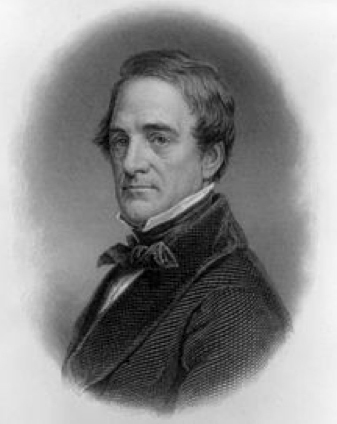
John C. Spencer, treasury secretary to President John Tyler, lost his bid for the court in 1841 when southern senators blocked what they viewed as an unsympathetic, northern judge. Perhaps an even greater objection was that Tyler, who’d nominated him, was feuding with his own political party, which wasn’t inclined to approve his choice. The final vote was 21-26.
George W. Woodward
George W. Woodward, a judge in the fourth district court and President James Polk’s nominee, never made it to the Court in 1844. Polk suspected that James Buchanan, who believed he’d been promised the judgeship, had successfully lobbied the senators against Woodward, who was rejected 20-29.
Jeremiah S. Black
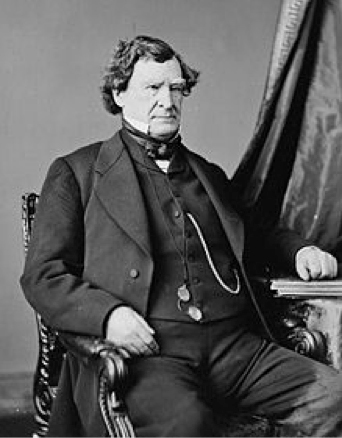
Secretary of State Jeremiah S. Black was nominated by President James Buchanan in January 1861, with just weeks left in Buchanan’s term. Republican senators blocked his choice with a narrow 25-26 vote so that incoming President Lincoln could fill the seat with his nominee.
Ebenezer R. Hoar
Attorney General Ebenezer R. Hoar, President Grant’s 1869 nominee, ran into opposition because he didn’t support the spoils system that gave out judgeships in the Circuit Court as political favors. Also, Hoar still had enemies in the Senate for opposing the impeachment of President Andrew Johnson.
William Hornblower
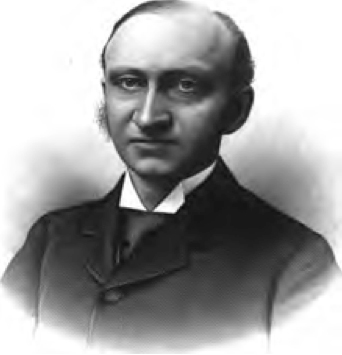
In 1893, William Hornblower was one of two rejected nominees named by President Grover Cleveland. He failed to secure the nomination by a 24-30 vote, because of Republican opposition (Cleveland was a Democrat). Also, Cleveland had bypassed the recommendations of David B. Hill, a leading New York senator, who responded by sinking Hornblower’s chances.
Wheeler Hazard Peckham
The next year, Cleveland ran into the same problem from the same senator when he nominated Wheeler Hazard Peckham. Again Senator Hill gathered enough votes to reject Cleveland’s nominee, 32-41.
John J. Parker
This North Carolina judge was opposed by organized labor for his frequent opinions for businesses against trade unions. President Hoover’s 1930 choice was also opposed by the NAACP for saying, “The participation of the Negro in politics is a source of evil and danger to both races and is not desired by the wise men in either race or by the Republican party of North Carolina.” Parker lost 39-41. Ironically, he returned to his position as an appeals court judge, where he made several decisions favoring African-American civil rights.
Clement Haynsworth
Haynsworth was a southern federal appeals court judge nominated in 1969 by President Richard Nixon. He was rejected 45-55 by the senators for his decisions opposing the integration of schools and the rights of labor unions.
G. Harrold Carswell
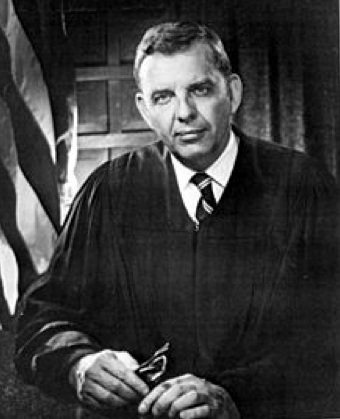
The following year Nixon came back with Carswell, whose judicial opinions had supported segregation and opposed women’s rights. He was also regarded as a less than stellar judge: 58% of his decisions as a district court judge were overturned on appeal. And he wasn’t helped when Nebraska senator Roman Hruska defended Carswell’s performance by saying, “Even if he is mediocre, there are a lot of mediocre judges and people and lawyers, and they’re entitled to a little representation, aren’t they?” He was rejected 45-51.
Featured image: Shutterstock
Become a Saturday Evening Post member and enjoy unlimited access. Subscribe now
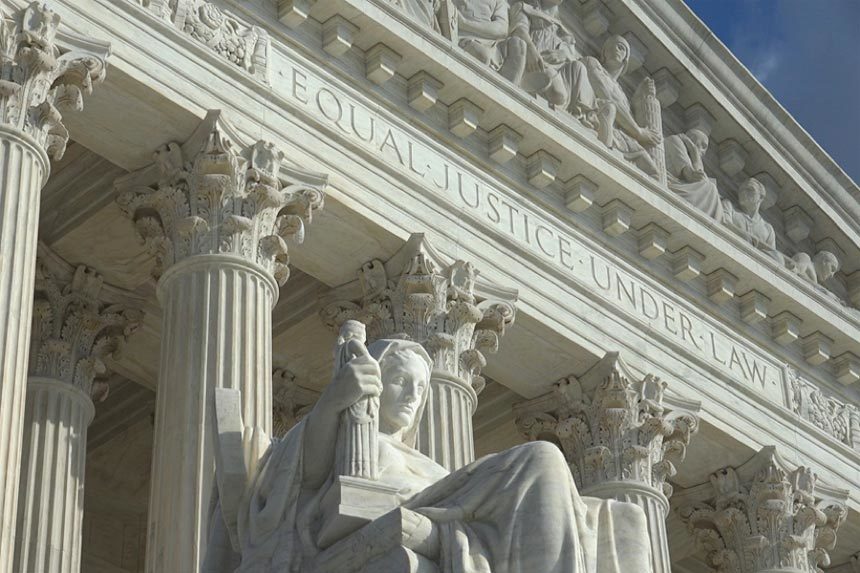



Comments
why are supreme ct judges appointed for life . the conservatives want to stack the court with conservatives . there should be a law against this . it should be equal with liberals and conservatives